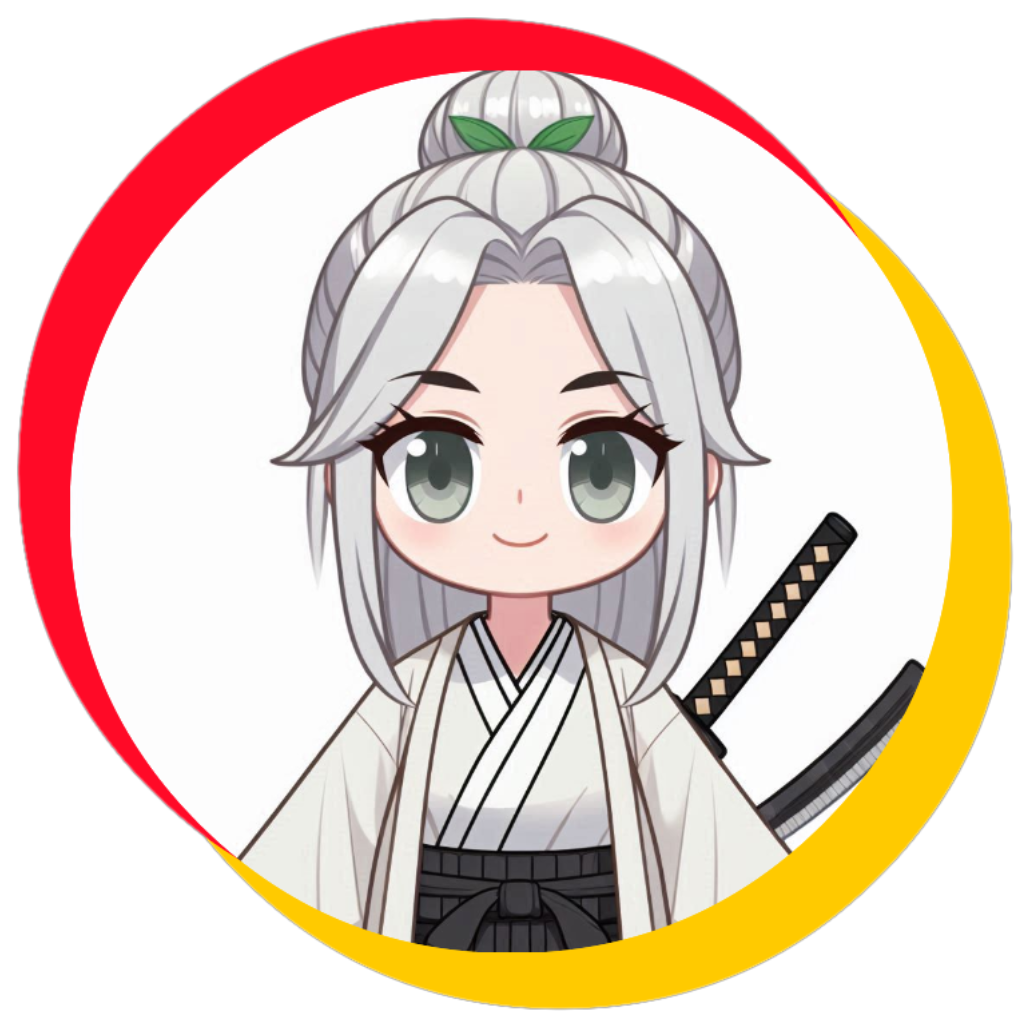A fun anime for Japanese listening practice! Dandadan surprises with a unique blend of horror and comedy.
My husband is a huge anime fan, while I’ve never been as enthusiastic about it. I do have fond memories of watching classics like “Candy Candy” and “Dragonball” when I was little, but I wouldn’t say anime is something I actively seek out. Of course, Studio Ghibli is a different story; their films create a magical world all on their own!
So, I was genuinely surprised when I found myself hooked on "Dandadan." This series has not only captivated my attention but also serves as a fantastic resource for learning contemporary Japanese. I wanted to share my experience with you, as it’s a great way to engage with the language while enjoying an entertaining story.
The story follows Momo Ayase and Ken Takakura, two high school students who embark on a thrilling adventure that intertwines urban legends and supernatural creatures. Momo, a girl who believes in spirits, and Ken, who is skeptical about the supernatural, find themselves caught in bizarre situations involving aliens and yokai (traditional Japanese spirits). Their contrasting beliefs lead to humorous interactions, creating a dynamic that certainly kept me entertained.
"Dandadan" masterfully balances horror and comedy, often switching between tense moments and laugh-out-loud scenes. This unique tone allows the series to explore themes of belief, friendship, and the unknown. Some situations can be quite ‘cringe-worthy,’ yet they feel relatable, adding a layer of authenticity to the story. Each episode is packed with surprises, and I often found myself on the edge of my seat, eager to see what twist would come next.
Now, I’m eagerly awaiting the release of the next episode! As the series continues to evolve, I’m excited to see how Momo and Ken navigate their strange world and what new challenges await them.
If you’re curious about anime or looking to explore modern Japanese culture, "Dandadan" is definitely worth checking out!


